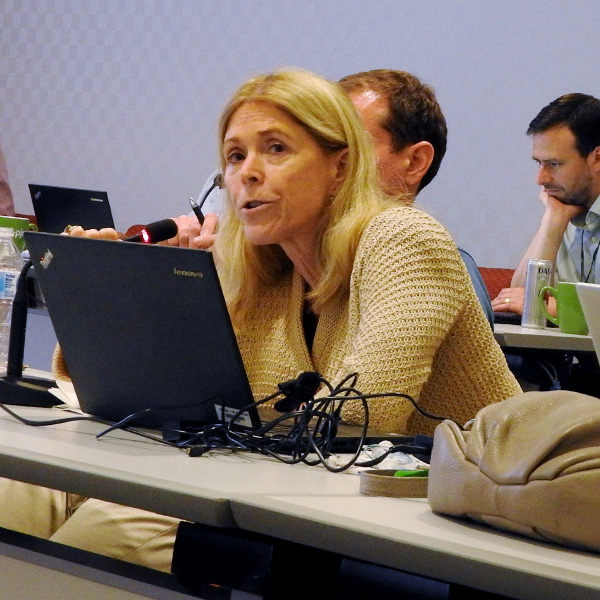
Vermont Gov. Phil Scott (R) plans to veto clean heat legislation for the second year in a row.
Scott said Friday that he agrees with the need to reduce greenhouse gas emissions, including in the heating sector, but the complex clean heat credit system approved by the state legislature is the wrong way to go about it.
The Affordable Heat Act (S.5), sponsored by Sen. Christopher Bray (D), would harm those who cannot afford to switch to cleaner forms of energy, Scott said, adding that Vermont should instead help its residents make the expensive transition, rather than financially punish them.
“Unfortunately, the Super Majority in the Legislature decided to take a completely different approach by giving an unelected commission, the Public Utility Commission, the power to design and adopt a system without guaranteeing the details and costs will be debated transparently through the normal legislative process, in full view of their constituents,” he said in a statement.
The General Assembly approved the measure last week with votes of 20-10 in the Senate and 98-46 in the House, both chambers falling short of unanimous support from their Democratic supermajorities.
A similar clean heat measure advanced through the legislature last year. Scott said then he would support that bill if its language explicitly required the policy details and projected costs of a credit system to come before the legislature and him for final approval.
Scott did not approve of that legislation (H.715), which he vetoed. The subsequent 99-51 House vote fell just short of the two-thirds majority needed to override. (See Vt. House Sustains Veto of Clean Heat Standard Bill.)
Scott in his news release urged Vermonters to ask their representatives to sustain this veto as well.
The measure is presented as a means for Vermont to meet its greenhouse gas emission reduction goals by equitably reducing use of fossil fuels to heat buildings, which generates a third of the state’s emissions.
It orders the PUC to design a credit marketplace for the state’s regulated gas utility and heating fuel dealers that will help their customers pay to switch to emissions-free heating.
Environmental organizations in Vermont have lined up in support of the measure and a number of business groups in opposition.
Scott has also expressed reservations about the cost of building electrification and the difficulty of doing it quickly. But his stated opposition to the plan is centered on its wording, which he and others read as contradictory and potentially enabling the PUC to design and enact what is essentially a carbon tax without legislative approval.
Scott criticized the legislators’ attempt add a “check back” provision to the bill that directs the PUC to report back to the legislature on its efforts to establish the Clean Heat Standard, with estimates of the impacts of the framework it draws up and any recommendations for legislative action.
“When I resisted the Legislature’s original approach to the bill, they inserted a ‘check back’ provision, saying it satisfied my concerns,” Scott said in a news release Friday. “It does not. Some claimed the bill is essentially a study. It is not. As recently as Thursday’s debate on the Senate floor, Senators from both parties have called the check back in the bill contradictory and confusing.”

